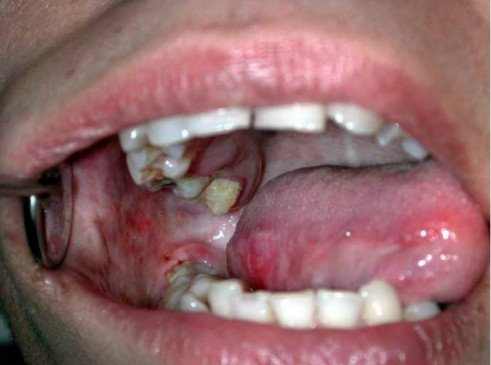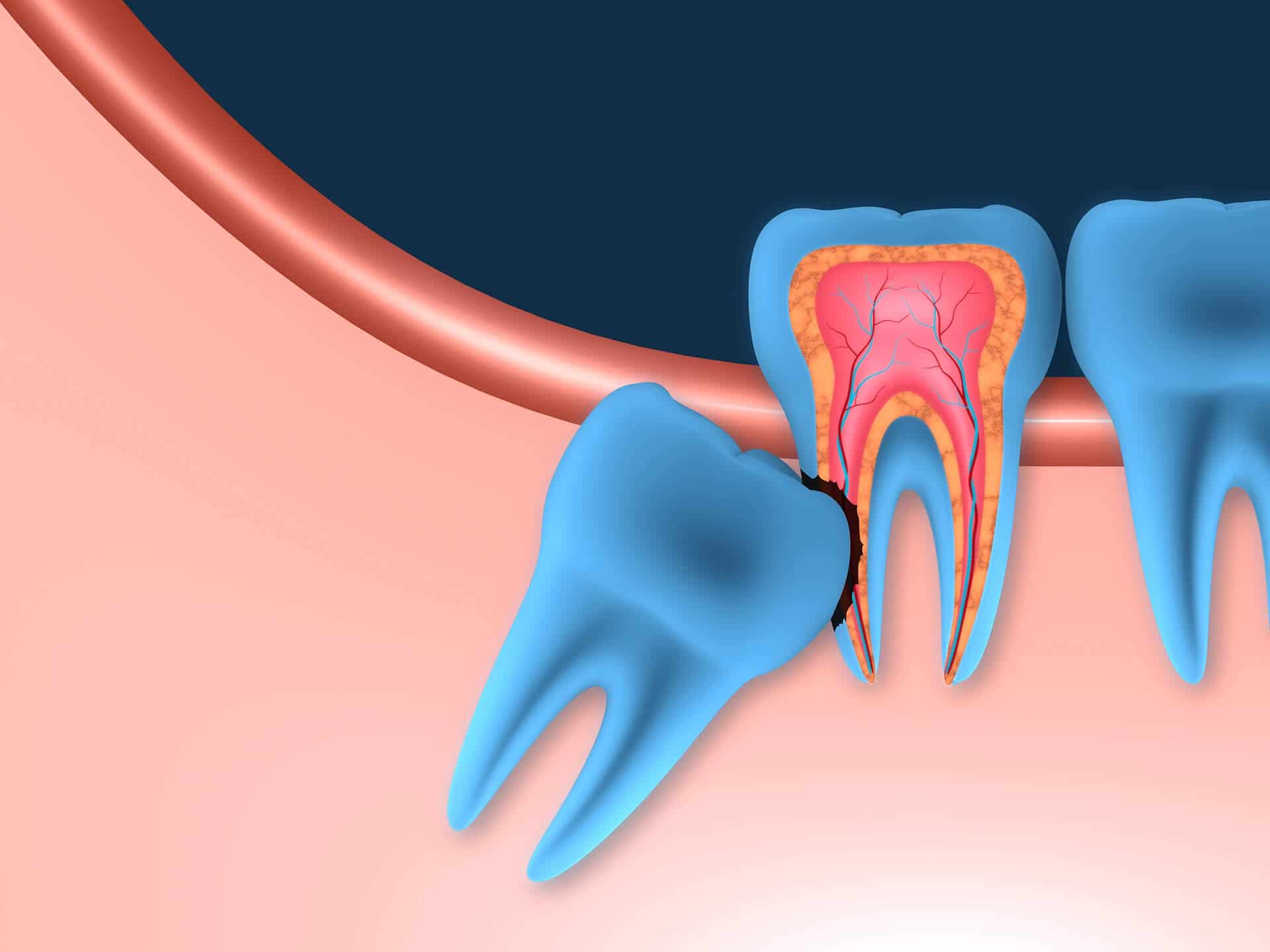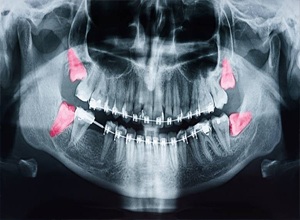Not known Details About After Wisdom Teeth Removal
Follow your physician's instructions on: Bleeding, as you heal from your operation. Some type of blood may happen the day following wisdom tooth removal. That you don't dislodge the blood clot in the 17, try to avoid excessive spitting. As directed by your dentist or dental surgeon, replace gauze within the extraction site.

As instructed by your dentist or surgeon, use an ice pack. Any of your cheeks usually improves in a few days. Bruising may take several more days to resolve. Activity. Following your operation, plan to rest for the rest of the day. Resume normal activities the following day, however for no less than a week, avoid strenuous activity that might result in shedding the blood clot from the socket.
Drink lots of water. Do not drink hot, carbonated or caffeinated beverages in the initial 24 hours. Don't drink with a straw for at least a week because the blood clot can be dislodged by the sucking action from the socket. Food. Eat soft foods, for the initial 24 hours, like yogurt or applesauce.
Avoid hot, chewy, tough or spicy foods that may get stuck at the socket or irritate the wound. Cleaning your mouth. Do not brush your teeth, rinse your mouth, then spit or use mouthwash during the initial 24 hours. Typically you are going to be told to restart cleaning your teeth.
How Wisdom Teeth Removal Pain can Save You Time, Stress, and Money.
Tobacco use. If you smoke, do not do this for at least 72 hours following surgery and wait for longer than that when possible. Do not use it for at least a week if you think about tobacco. Using tobacco products can delay healing and raise the risk of complications. Stitches.



A few dentists and dental surgeons recommend wisdom tooth extraction if affected teeth are causing difficulties to prevent potential difficulties. Why it is done Wisdom teeth, or third molars, will be the last permanent teeth to appear (erupt) from the mouth. These teeth usually appear between the ages of 25 and 17.
For others, wisdom teeth cause no problems and normally as their other molars failed. Impacted wisdom teeth that don't have space are developed by A lot of individuals. Impacted wisdom teeth can erupt only partly or not at all. An impacted wisdom tooth can: Grow in an angle toward the next tooth (second molar) Grow at an angle towards the rear of your mouth Grow at a see post right angle to the other teeth, as if the tooth enamel is"lying down" within the jawbone Grow up or down just like other teeth but remain trapped inside the jawbone Problems with impacted wisdom teeth You'll probably need your impacted wisdom tooth pulled if it contributes to problems like: Infection Trapping debris and food behind the wisdom tooth Infection or gum disease (periodontal disease) tooth decay at a partially erupted wisdom tooth injury to a tooth or surrounding bone Development of a fluid-filled sac (cyst) across the wisdom tooth Complications with orthodontic treatments to straighten different teeth Preventing future dental problems Dental specialists disagree about the value of expressing impacted wisdom teeth which are not causing problems (asymptomatic).